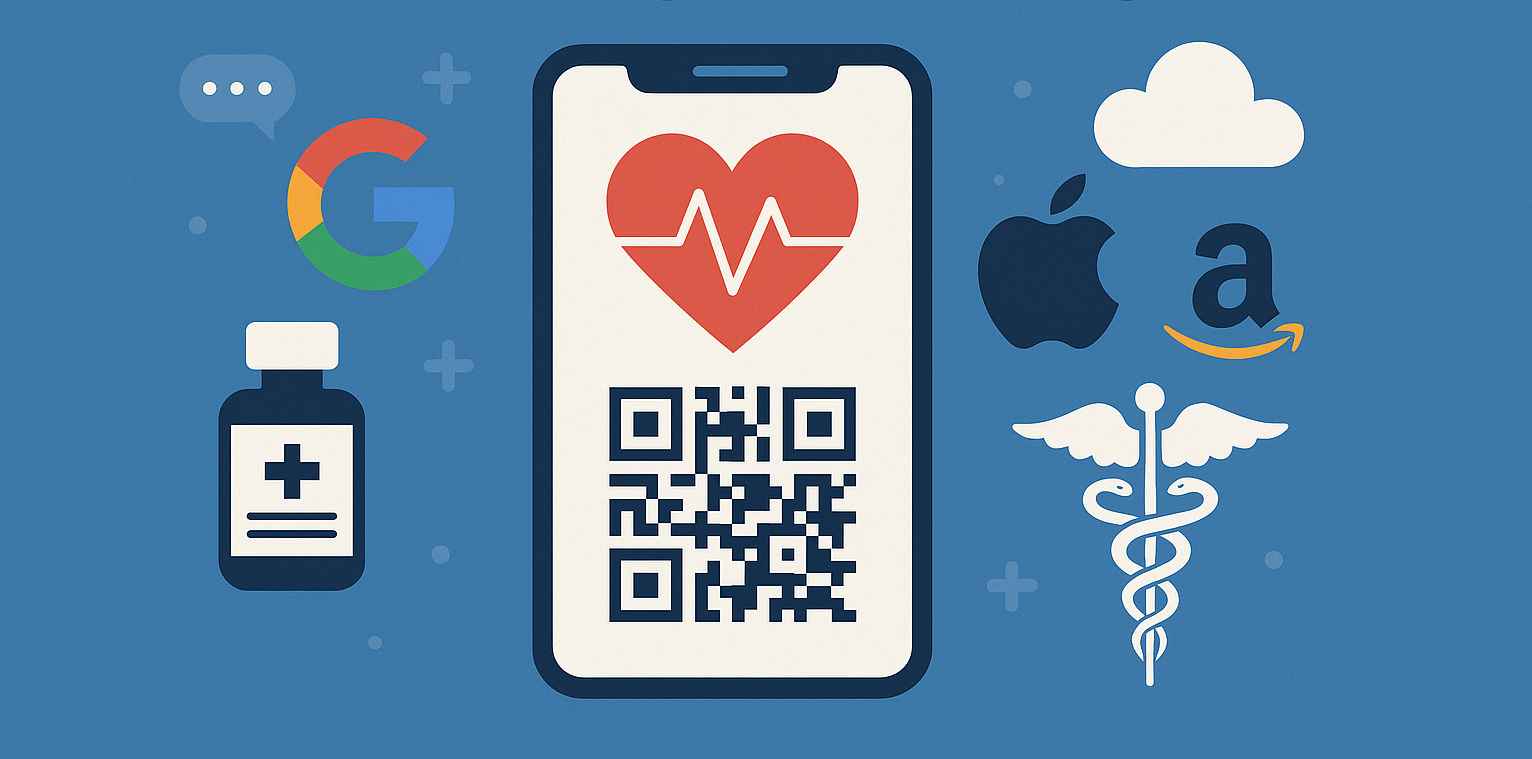CMS Launches Health Data Sharing Initiative With Major Tech Firms

The Centers for Medicare and Medicaid Services (CMS) will oversee the program, with patient consent required to opt into data sharing. CMS officials emphasize the benefits of streamlined access to records, eliminating traditional barriers like faxing documents, thereby improving patient convenience and supporting better health management. Hospitals and healthcare providers, including the Cleveland Clinic, welcome the enhanced interoperability, which could reduce delays in treatment and improve diagnostic accuracy by providing comprehensive patient medical histories.
The initiative will also enable health apps to integrate clinical data, promoting AI-driven health insights and personalized wellness strategies. For example, Noom, a popular weight loss and fitness app, plans to use medical data to develop better weight management recommendations. CMS intends to curate lists of health apps on Medicare.gov to guide users in managing chronic diseases and selecting healthcare services.
Despite the potential advantages, privacy advocates raise concerns regarding data security and the ethical implications of broad data sharing. Critics note the federal government’s limited regulation of health apps and telehealth and warn of risks related to sensitive patient information, including mental health and substance abuse histories. There remain questions about how patient data will be protected against misuse or monetization.
This new effort builds on previous attempts to modernize electronic health records, aiming to break down existing data silos and integrate health information technology. It represents a significant step towards digital transformation in U.S. healthcare, with implications for regulatory oversight, compliance standards, and the interface between payers, providers, and technology vendors.
